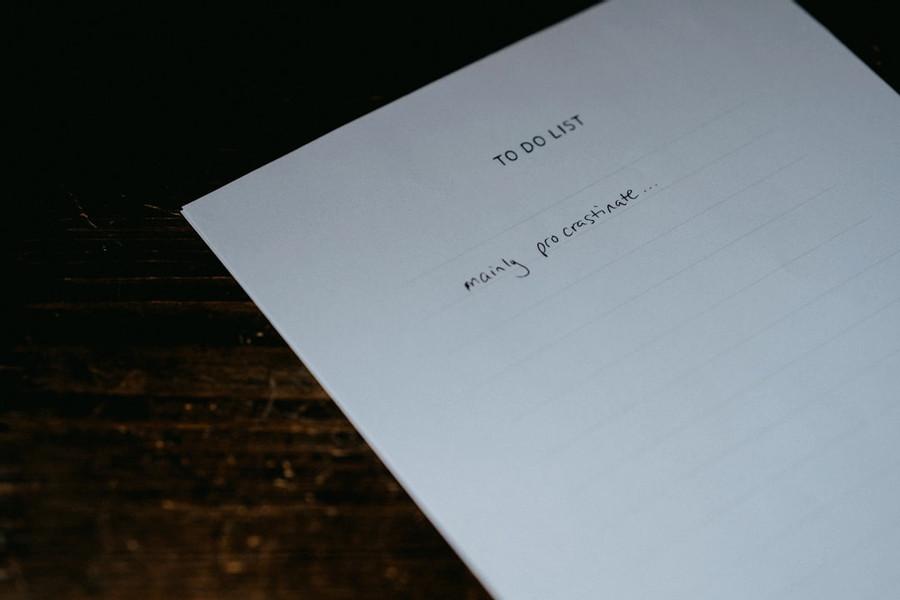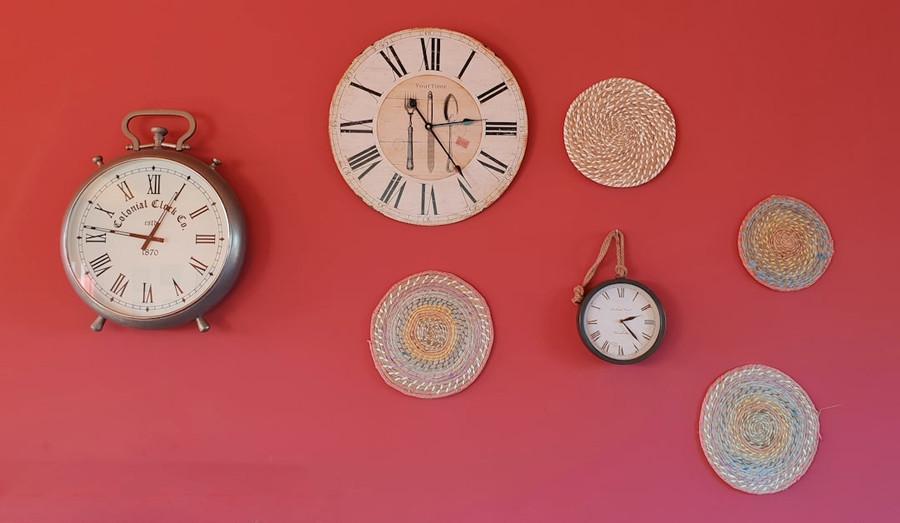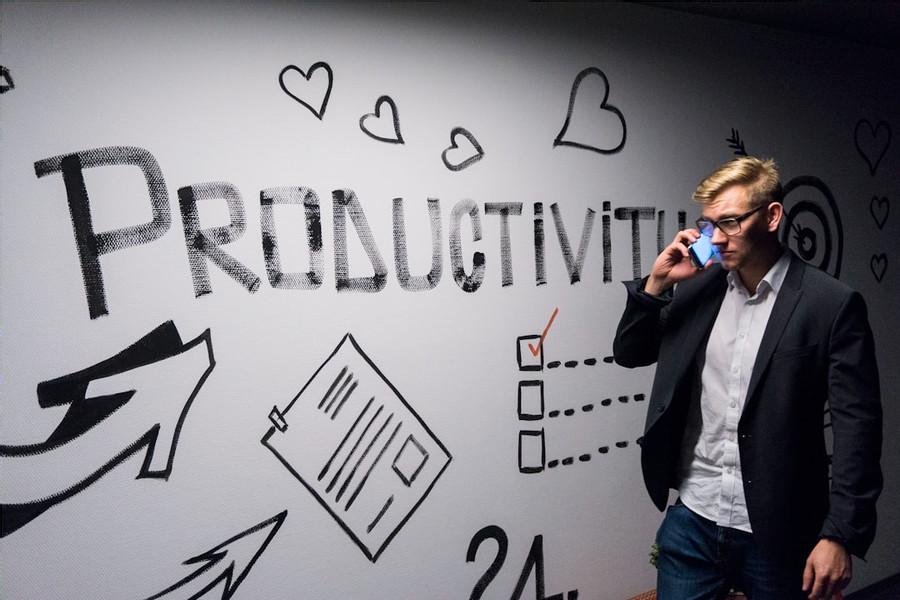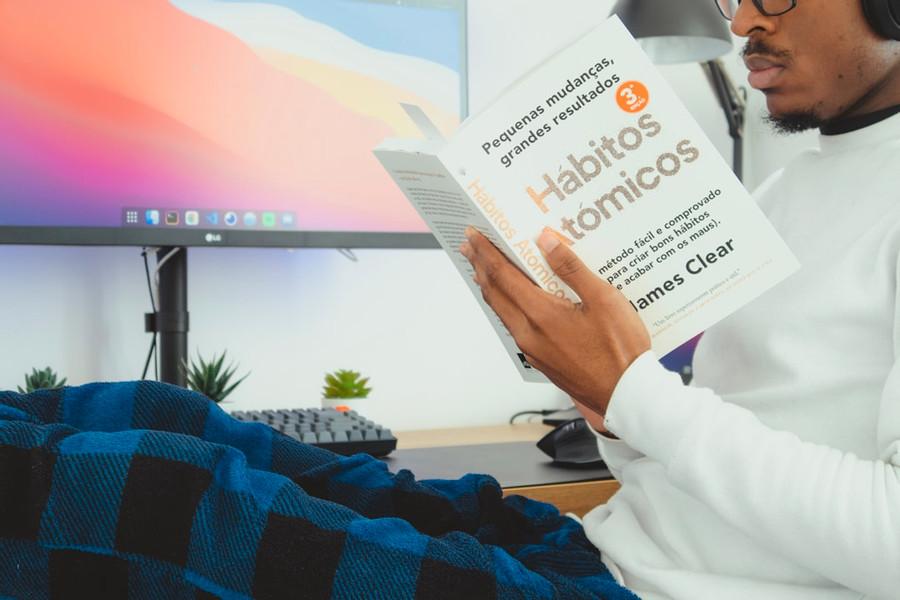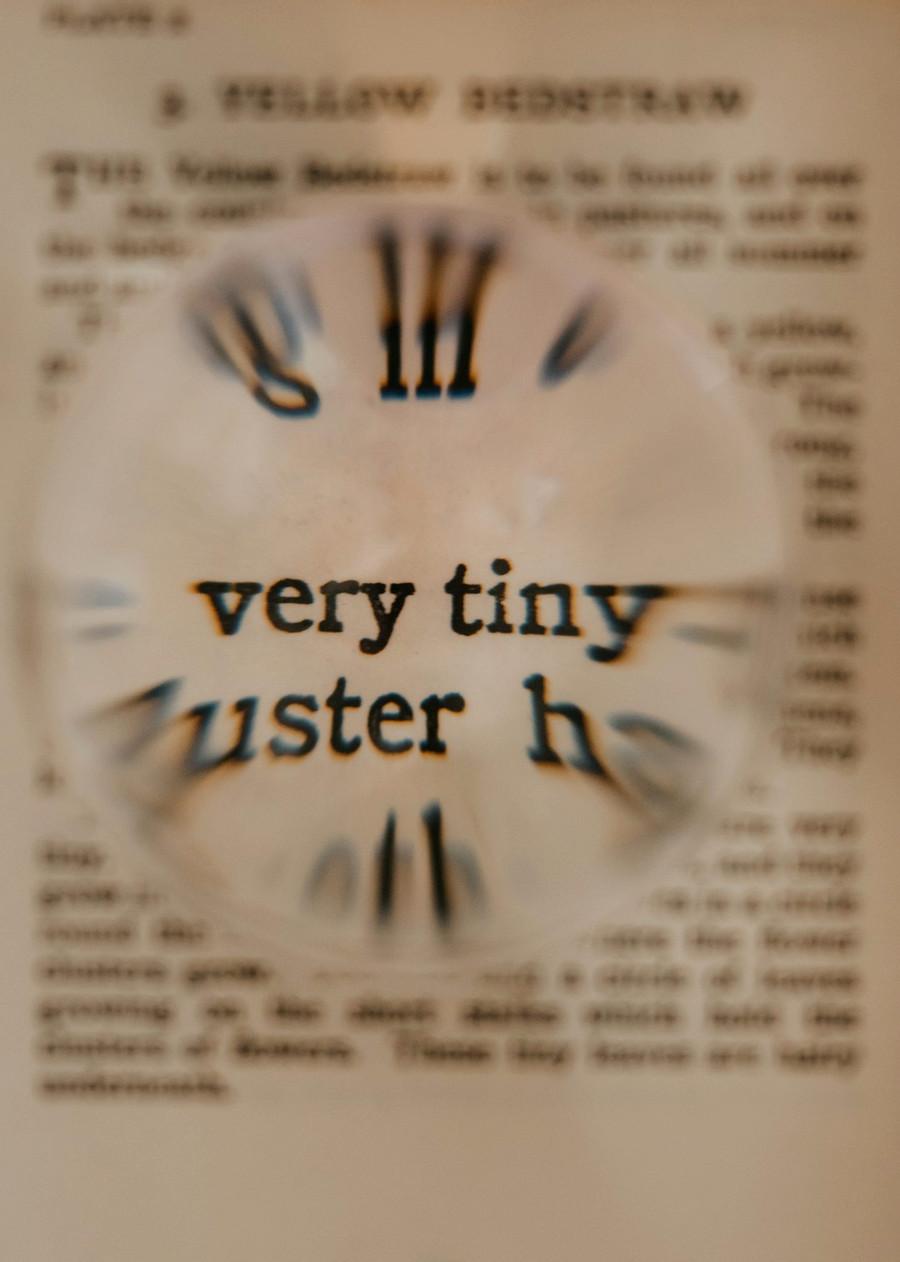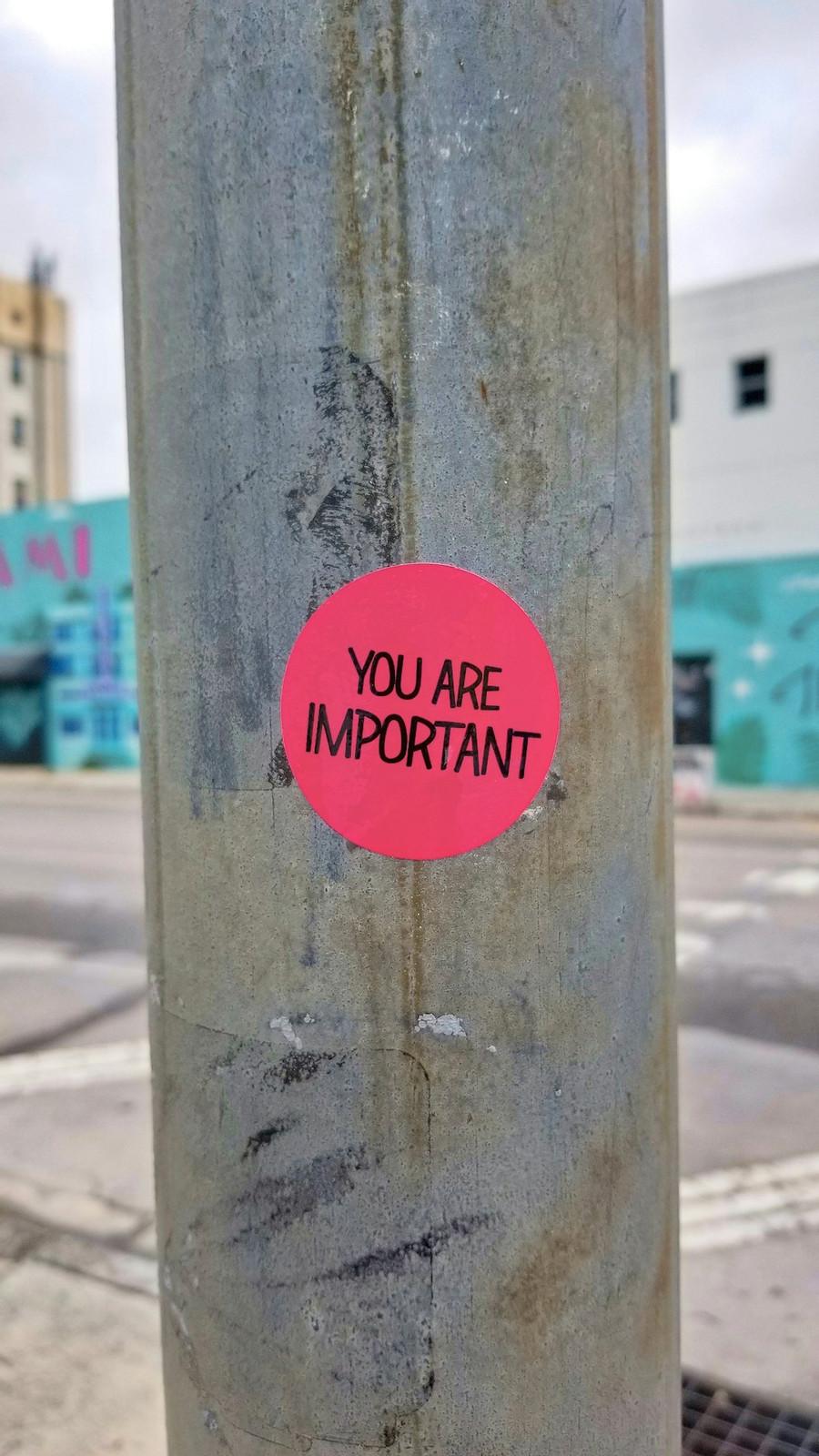How to Beat Procrastination Like a Stoic Philosopher
Curated from: forge.medium.com
Ideas, facts & insights covering these topics:
31 ideas
·19.5K reads
82
1
Explore the World's Best Ideas
Join today and uncover 100+ curated journeys from 50+ topics. Unlock access to our mobile app with extensive features.
The Roman-era Stoic philosopher Seneca once joked that the one thing fools all have in common is that they are always getting ready to live but never actually do.
That was 20 centuries ago. For tens of thousands of years, people have been procrastinating just like you do today: They put things off, delayed, made excuses, and wished their deadlines would disappear. And just as it does with you, this caused them anxiety, made them piss off their colleagues and families, and, worst of all, wasted time.
295
1.83K reads
7 Tactics Of The Ancient World That Have Stood The Test Of Time
Fortunately, unlike our ancient counterparts, we have ages of wisdom to help us avoid the mental traps that lead us to procrastinate.
Here are seven anti-procrastination tactics that are rooted in ancient philosophy and can be applied in the modern world.
- Action by action
- Create a routine
- Use a counterforce
- Get one small win every day
- Free yourself from the inessential
- Face your important tasks head-on
- Creat a sense of urgency
329
1.34K reads
Action By Action
Don’t let your imagination be crushed by life as a whole… Stick with the situation at hand, and ask, “Why is this so unbearable? Why can’t I endure it?” You’ll be embarrassed to answer.—Marcus Aurelius, Meditations , 8.36
289
1.46K reads
With any goal, our imaginations often run wild envisioning all the things that can go wrong. While it can be productive to think about the troubles that might lie ahead — the Stoics used an exercise called premeditatio malorum , or “premeditation of evils,” to prepare for potential adversity — imagining the worst usually just causes us to become paralyzed with fear.
This is why Marcus Aurelius’ advice was to keep in mind that a life is built action by action. No author ever writes a book, he would say. Instead, they write one sentence and then another and then another.
290
991 reads
In the sports world, University of Alabama coach Nick Saban taught his players to ignore the big picture — important games, winning championships, the opponent’s enormous lead — and focus instead on doing the absolutely smallest things well. He would tell them, “Think about what you need to do in this drill, on this play, in this moment. That’s the process: Let’s think about what we can do today, the task at hand.”
281
939 reads
Create A Routine
In many circumstances, we do not deal with our affairs in accordance with correct assumptions, but rather we follow thoughtless habit.—Musonius Rufus, Lectures and Fragments , 6.7
268
1.03K reads
Epictetus once said that “every habit and capability is confirmed and grows in its corresponding actions, walking by walking, and running by running… therefore, if you want to do something, make a habit of it.” If you don’t want to do something, he said, make a habit of doing the opposite.
For this reason, the Stoics were big on habits and routines . They believed that in a world where so much is out of our control, committing to a routine we do control is a way of establishing and reminding ourselves of our own power.
273
774 reads
Without a disciplined schedule, procrastination inevitably moves in with all the chaos, complacency, and confusion: What was I going to do? What do I wear? What should I eat? What should I do first? What should I do after that? What sort of work should I do? Should I scramble to address this problem or rush to put out this fire?
263
738 reads
That’s torture. Seneca would call it a design problem. “Life without a design is erratic,” he wrote. “As soon as one is in place, principles become necessary. I think you’ll concede that nothing is more shameful than uncertain and wavering conduct, and beating a cowardly retreat. This will happen in all our affairs unless we remove the faults that seize and detain our spirits, preventing them from pushing forward and making an all-out effort.”
267
635 reads
The writer Haruki Murakami talks about why he follows the same routine every day. “The repetition itself becomes the important thing,” he says. “It’s a form of mesmerism. I mesmerize myself to reach a deeper state of mind.” Procrastination feeds on our uncertainty. Routine eliminates that uncertainty. We know what we do and when we do it.
279
633 reads
Use A Counterforce
Since habit is such a powerful influence, and we’re used to pursuing our impulses to gain and avoid outside our own choice, we should set a contrary habit against that, and where appearances are really slippery, use the counterforce of our training. — Epictetus, Discourses , 3.12.16
263
650 reads
When a dog is barking loudly because someone is at the door, the worst thing you can do is yell. To the dog, it’s like you’re barking, too. When a dog is running away, it’s not helpful to chase it — again, now it’s like you’re both running. A better option in both scenarios is to give the dog something else to do. Tell it to sit. Run in the other direction. Break the pattern. Interrupt the negative impulse.
273
610 reads
The same goes for humans. When a bad habit reveals itself, counteract it with a commitment to a contrary virtue. Sometimes, when you find yourself procrastinating, it’s best not to dig in and fight it. Instead, get up and take a walk to clear your head. Try what artist Austin Kleon calls productive procrastination: “A kind of promiscuous working in which I procrastinate on one project by working on another, sometimes switching between two or more projects until all the projects are done.”
283
552 reads
Get One Small Win Every Day
Well-being is attained by little and little, and nevertheless is no little thing itself.—Zeno
269
649 reads
Seneca wrote a lot of letters to Roman knight Lucilius. Through them, we get the sense that Lucilius struggled with many of the things we all struggle with: anxiety, distraction, fear, temptation, and self-discipline.
It’s good that he had a friend like Seneca—someone who cared about him and told him the truth. One of Seneca’s best pieces of advice in those letters was actually pretty simple. “Each day,” he told Lucilius, you should “acquire something that will fortify you against poverty, against death, indeed against other misfortunes, as well.”
265
460 reads
One gain per day. That’s it. This is the way to curbing our procrastinating tendencies: remembering that incremental, consistent, humble, persistent work is the way to improvement. Your business, your book, your career, your body — you build them with little things, day after day.
270
486 reads
Arnold Schwarzenegger is a filmmaker, entrepreneur, author, former governor, professional bodybuilder, and father of five. He’s also a fan of the Stoics. In a recent video , he gave his best advice for staying strong during this pandemic: “Just as long as you do something every day, that is the important thing.”
One thing a day adds up. One step at a time is all it takes. You just gotta get one small win. And the sooner you start, the better you’ll feel—and be.
261
405 reads
Free Yourself From The Inessential
It is essential for you to remember that the attention you give to any action should be in due proportion to its worth, for then you won’t tire and give up, if you aren’t busying yourself with lesser things beyond what should be allowed.—Marcus Aurelius
262
443 reads
Procrastination can often be a product of overwhelm. We have so much on our to-do list that we don’t even know where to begin, so we don’t begin. Seneca liked to use the word “discursive.” When we have our attention pointed in so many different directions, we have it pointed nowhere. He compared it to the nomad: “Everywhere means nowhere.” The way forward is to zero in on what’s most important .
270
383 reads
It was Aurelius’ simple recipe for improvement and for happiness. And the fact that it came from such a busy man with so many obligations and responsibilities should not be forgotten. “If you seek tranquillity,” he said, “do less.” And then he follows the note to himself with some clarification: Not nothing—less. Do only what’s essential. “Which brings a double satisfaction,” he writes, “to do less, better.”
267
362 reads
261
335 reads
Face Your Important Tasks Head-on
Yes, you can — if you do everything as if it were the last thing you were doing in your life, and stop being aimless, stop letting your emotions override what your mind tells you, stop being hypocritical, self-centered, irritable.—Marcus Aurelius
264
366 reads
All the crises, distractions, and temptations we face today have their analogs in the past. So we should listen to the command that Aurelius gave himself on one of those days when he was struggling to stay focused: “Concentrate every minute like a Roman — like a man — on doing what’s in front of you with precise and genuine seriousness, tenderly, willingly, with justice.”
263
341 reads
Putting off our responsibilities is easy. Complaining is easy. Both are as natural to us as breathing. But what good has either ever done for anyone in the long run? Sure, shaking your fist at the sky and venting your frustrations can feel liberating in the moment, but has it ever changed your circumstances for the better, solved your problems, or made you happier?
261
337 reads
Create A Sense Of Urgency
Stop letting yourself be distracted. That is not allowed. Instead, as if you were dying right now… Stop allowing your mind to be a slave, to be jerked about by selfish impulses, to kick against fate and the present, and to mistrust the future.—Marcus Aurelius
271
373 reads
An adage of author and historian Cyril Northcote Parkinson was that “work expands so as to fill the time available for its completion.” Today, we know that principle as Parkinson’s law. So, if you have two weeks to write a paper for school, it will take two weeks. If you block off all day Sunday to clean your house, it will take all day. If you give something unlimited time, it will take forever. When we’re pressed by a deadline, we don’t procrastinate.
270
363 reads
We can use Parkinson’s law to our advantage. The Stoics did. Memento mori — the reflection on mortality — was their reminder. Remember that you are mortal. Remember that you are always pressed by a deadline. Remember what Aurelius said: “You could leave life right now. Let that determine what you do and say and think.” It wasn’t to create panic, but priority, humility, urgency, appreciation.
267
406 reads
IDEAS CURATED BY
Laura Cary's ideas are part of this journey:
Learn more about productivity with this collection
How to make rational decisions
The role of biases in decision-making
The impact of social norms on decision-making
Related collections
Similar ideas
7 ideas
Stoic Insights for Happier Relationships
medium.com
11 ideas
Read & Learn
20x Faster
without
deepstash
with
deepstash
with
deepstash
Personalized microlearning
—
100+ Learning Journeys
—
Access to 200,000+ ideas
—
Access to the mobile app
—
Unlimited idea saving
—
—
Unlimited history
—
—
Unlimited listening to ideas
—
—
Downloading & offline access
—
—
Supercharge your mind with one idea per day
Enter your email and spend 1 minute every day to learn something new.
I agree to receive email updates

